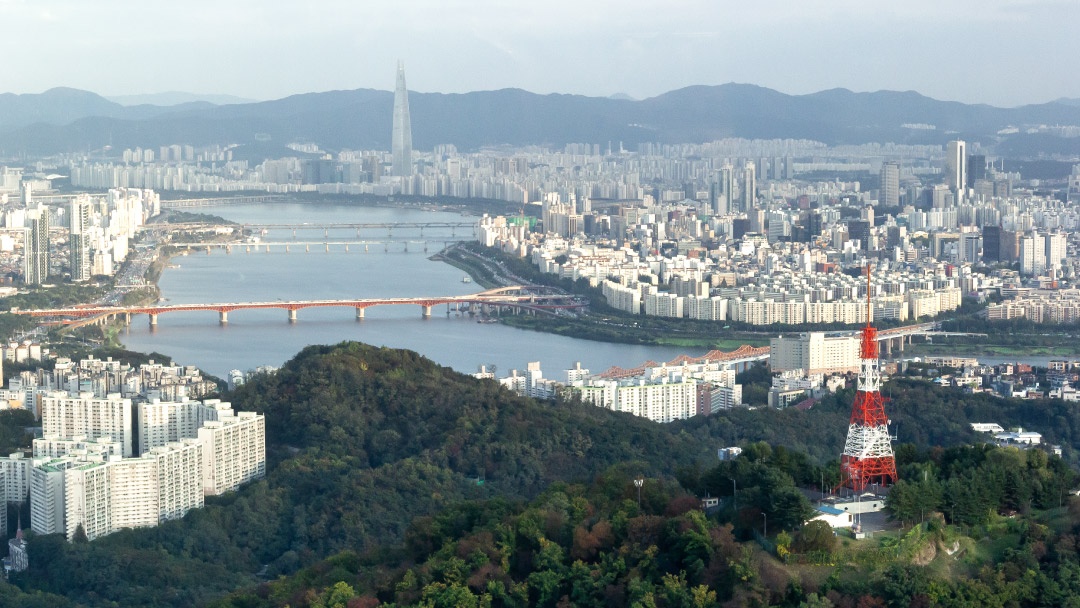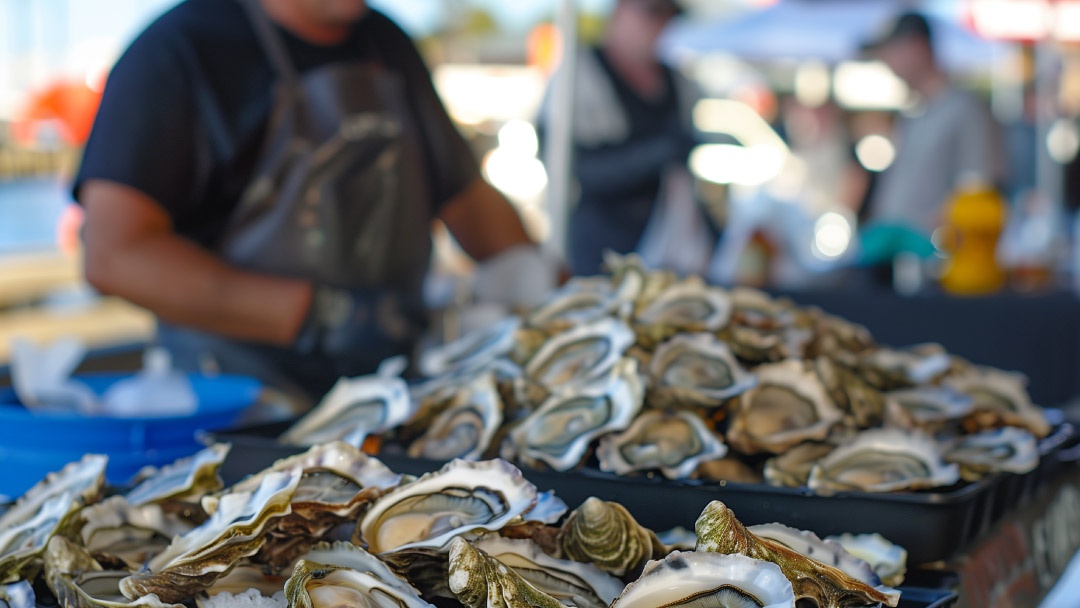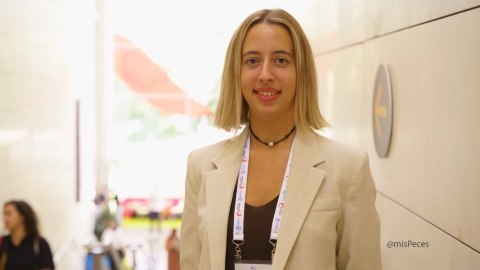
In February 2025, South Korea became the first Asian country to formally associate with Horizon Europe, the European Union’s flagship research and innovation programme for 2021-2027, with a budget of €95.5 billion. This association allows Korean researchers, institutions, and companies to participate in Horizon Europe project on equal terms with EU member states, opening new opportunities for collaborative aquaculture research and development with Mediterranean partners such as Italy, Spain, Portugal, and Greece, among others State members.
South Korea is a major global aquaculture producer, with output growing from 0.7 million tonnes in 2000 to 3.6 million tonnes in 2022. The sector is dominated by marine species, including olive flounder, rockfish, oysters, and seaweeds such as kelp and laver. It is also highly technology-driven, supported by National Institute of Fisheries Science, leading research on sustainable farming, hatchery development, and disease management. Universities and institutes like Pukyong National University and KIOST, which specialised in digital aquaculture, recirculating aquaculture systems, genetics, and marine biotechnology.
Innovations in selective breeding, oral fish vaccines, Integrated Multi-Trophic Aquaculture, and seaweed cultivation technologies.
South Korea’s focus on high-tech, intensive aquaculture and digitalization positions it as a valuable partner for Mediterranean aquaculture, which increasingly seeks efficiency, climate resilience, and innovation in land-based or offshore systems.
Wich access to Horizon Europe, South Korean and Mediterranean institutions can form joint research consortia to develop next-generation aquaculture solutions. Italy, Spain, bring complementary strengths. Italy leads in hatchery technology, shellfish farming and polyculture in coastal lagoons. Spain is pioneer in bluefin tuna reproduction, selective breeding of seabream and seabass, and Recirculating Aquaculture Systems for marine species.
These Mediterranean strengths complement South Korea’s high-tech engineering, genetic research and seaweed farming expertise, creating a fertile ground or breakthroughs in disease management and vaccine development for shared species such as oyster, trout, seabream; sustainable feeds combining Mediterranean insect and microalgae protein with Korean seaweed additives.
Digital and smart farming solutions for Recirculating Aquaculture Systems, offshore cages, and real-time health monitoring. Circular economy approaches, including waste valorization and IMTA pilot projects.
South Korea can boost Mediterranean aquaculture with advanced RAS and digital technology increasing efficiency and biosecurity in hatcheries and onshore farms.
Putting their knowledge and expertise in high-volume seed production and supporting diversification into new species or stock enhancement and offering producers of seaweed know-how opportunities to integrate algae for feed, IMTA, or carbon capture.

Mediterranean aquaculture can contribute and guide to South Korea in meeting market expectations and supporting in sustainablitiy and eco-certification expertise. Feed innovation with alternative protein and circular economy solutions to reduce Korea’s dependence on imported fishmeal and helping to finfish marine species diversification and inspiring Korean producers to expand beyond flounder and shellfish.
The next phase involves building strong, transnational consortia under Horizon Europe. A typical project could link South Korean partners providing engineering, digital aquaculture, and R&D on genetics and vaccines. Mediterranean partners focusing on sustainable practices, feed technology, and species expertise.
Industrial stakeholders piloting innovation in commercial farms, both in Europe and Asia.
By leveraging complementary strengths, this partnership can deliver innovative, sustainable, and globally competitive aquaculture solutions, advancing food security and setting new standards for environmentally responsible seafood production.


